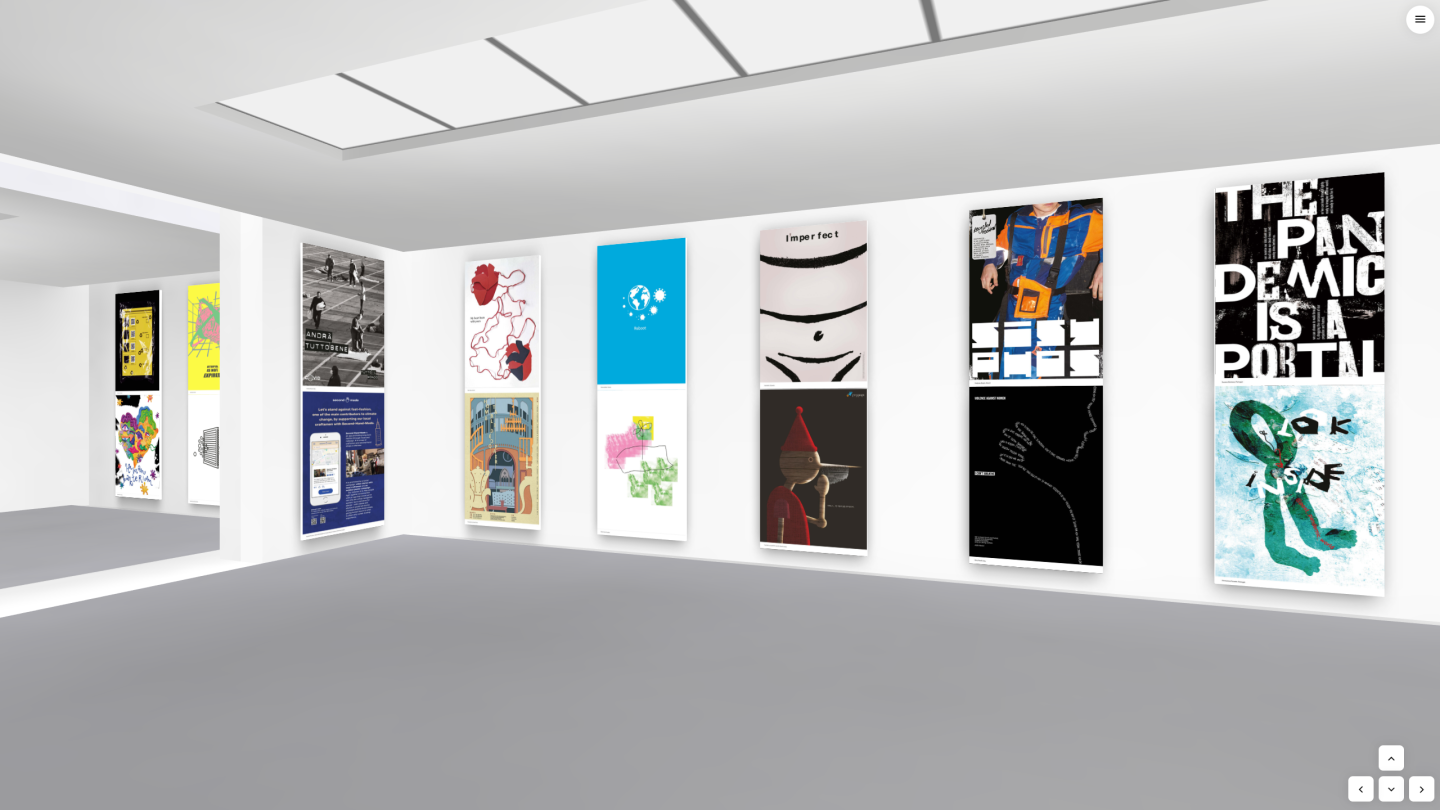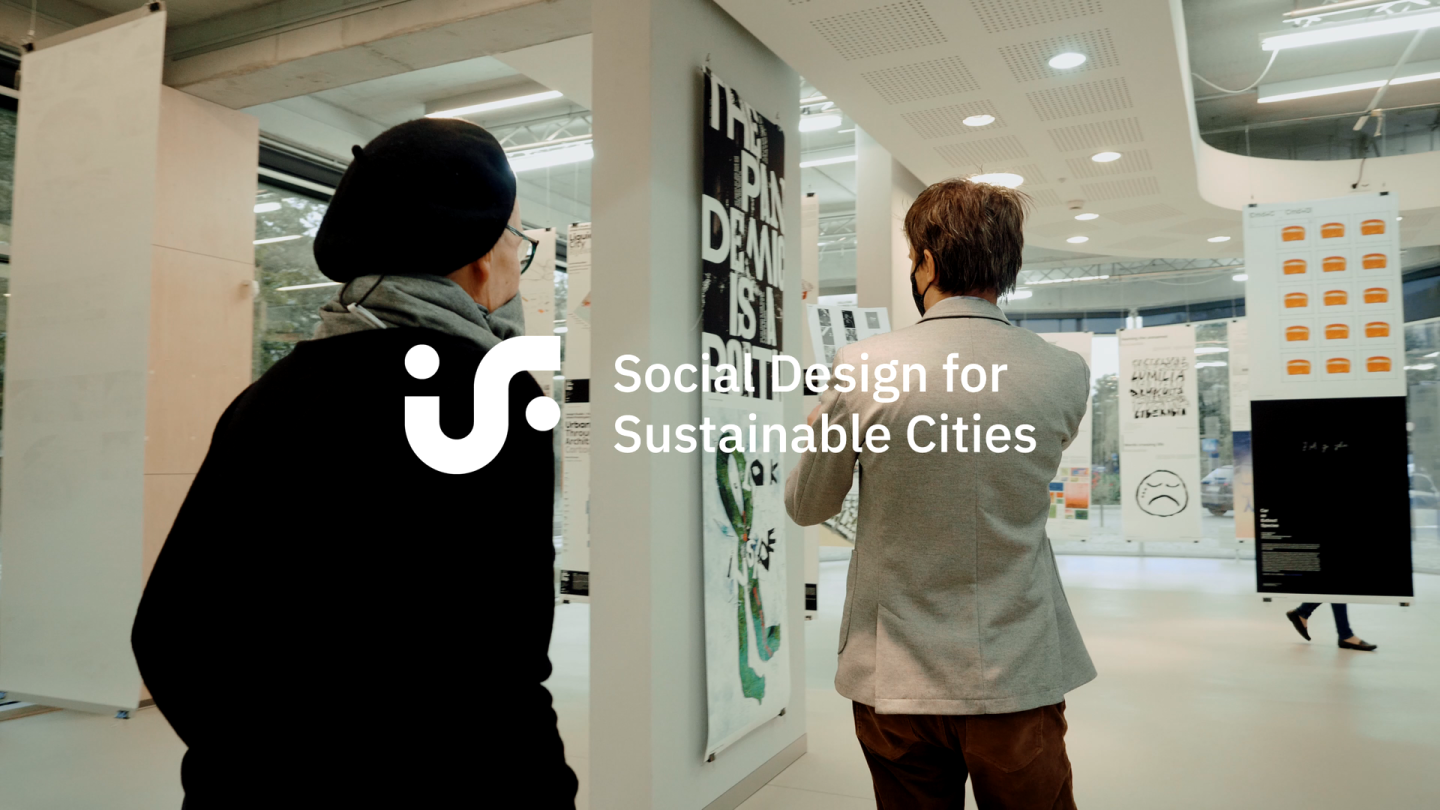What is the future of our lives in cities? How can culture be a driver for sustainable urban development? International Forum: Social Design for Sustainable Cities, a EUNIC Warsaw project funded through the 2019 EUNIC Cluster Fund, provided a platform for creative minds using culture and social design as tools for sustainable urban innovation.
Rupert Weinmann, director of the Austrian Cultural Forum in Poland and current president of EUNIC Warsaw, speaks about the importance of bringing culture and social design to public debates about the future of sustainability in urbanism and explains how the project adapted to digital formats as a result of the ongoing Covid-19 restrictions.
An integrated approach to sustainable urban development needs to take creativity, heritage, knowledge and diversity into account.
EUNIC Warsaw has recently implemented an international interdisciplinary project to stimulate research and debate on sustainable cities. Why this topic?
As EUNIC Warsaw, we intend to build bridges between culture and society. With our project “IF – Social Design for Sustainable Cities” we have highlighted the added value of involving culture and social design in the public debate about a crucial topic intertwining local and global aspects: the sustainability of cities. Globally, people increasingly live in cities. In Poland, over 60% of the population is concentrated in several metropolitan regions, with research pointing to an increase in the carbon footprints of Poland’s cities.
The United Nations Sustainable Development Goal 11 "Make cities and human settlements inclusive, safe, resilient and sustainable" is a useful tool to frame sustainability challenges for cities and communities. In this context the mayor of Warsaw, Rafal Trzaskowski, has pledged to make the Polish capital a sustainable city. EUNIC Warsaw invited the City of Warsaw to participate in the interdisciplinary project as a key partner, with mayor Trzaskowski delivering one of the keynote speeches at our international conference.
During the opening conference of the project, diverse voices highlighted the urgency of a shift in values and called for radical action with citizens as protagonists. Why is it important to include culture and social design in the public debate on sustainable cities? What role can cultural and social innovation play in the future of cities?
An integrated approach to sustainable urban development needs to take creativity, heritage, knowledge and diversity into account. Culture and social design are drivers and enablers for developing people-centred societies and they will be key in achieving sustainable urban growth. Cities need vitality, identity and innovation, and culture is a precondition for these needs. Therefore, citizens in general and artists in particular need to widen their role and become actively involved and sometimes even act as protagonists.
The new European Bauhaus is a real opportunity as it brings a transversal cultural perspective into the European Union’s climate strategy.
What role can cultural institutes play in shaping the new European Bauhaus, a concept introduced by Ursula von der Leyen’s Commission?
By blending design and sustainability, the new European Bauhaus is a real opportunity as it brings a transversal cultural perspective into the European Union’s climate strategy. Cultural institutes and EUNIC clusters can shape this perspective together with local partners by offering co-creative meeting spaces for architects, artists, students, engineers and designers - very much in the vein of EUNIC Warsaw’s project “IF – Social Design for Sustainable Cities”. Bringing together different perspectives will lead to new ideas for sustainable innovative design solutions, framing the new European Bauhaus as a valuable inspiration and source of input for wider European policy debates.
Under the ongoing Covid-19 restrictions, the cluster has implemented an ambitious hybrid agenda including a conference, a series of workshops and a poster exhibition. What has been your highlight of the project?
One of the key elements of the “IF – Social Design for Sustainable Cities” project was to ensure the appropriate knowledge transfer to students. We therefore decided to complement the conference by workshops and a poster exhibition which involved 26 partner schools from all over Europe and beyond. The online conference featured 27 speakers from 13 countries, the 9 online workshops were conducted by 15 tutors, and over 300 young artists from 28 countries contributed to the poster exhibition. My personal highlight of the project was the successful online adaptation of the project which boosted the visibility of “IF – Social Design for Sustainable Cities”. Whereas the original on-site conference had been planned to comprise around 150 people, the online conference attracted well over 500 registrations and another 2,500 people followed the livestream. The exhibition opening was followed online by over 900 people. Thanks to our dedicated project website, where all conference lectures, the virtual exhibition tour and much more information can be found, these numbers are still rising!
How did local and international partners contribute to the success of the project?
Pooling of resources amongst EUNIC members and involvement of relevant local partners turned out to be critical for the success of the project. The twelve participating EUNIC Warsaw members nominated excellent lecturers from their respective countries for the conference and the workshops. Our key partners, the mayor of Warsaw, the head of the European Commission Representation in Poland and the rector of the University of Applied Arts Vienna, each contributed a keynote address. The Polish-Japanese Academy of Information Technology took care of all technical aspects of the online conference. At all stages of the “IF – Social Design for Sustainable Cities” project, local and international actors were involved as equal partners. Thanks to this highly fruitful co-creative process a framework for continued interdisciplinary discussions on sustainable urban growth including creative minds was established.
EUNIC Warsaw has recently signed a partnership document on a shared strategic vision with the European Commission Representation in Warsaw. What is the importance of this type of joint cooperation and shared strategic vision for clusters inside the EU?
The Shared Strategic Vision document was signed between EUNIC Warsaw and the European Commission Representation in 2019. It prepares the ground for organizing the cooperation between EUNIC Warsaw and the European Commission Representation in Poland according to a cross-cutting approach to culture. It identifies certain thematic areas, such as “culture & environment”, “culture & science” or “culture & dialogue with citizens” on which to focus the cooperation between the two partners. The thematic area “culture & environment” has already been put into practice by the “IF – Social Design for Sustainable Cities” project, in which the head of the European Commission Representation in Poland took part as one of the keynote speakers.
With this type of cooperation with the European Commission Representation, EUNIC Warsaw intends to reflect EU priority topics in the local context as a cultural network, which lowers the threshold for European citizens to get in touch with EU themes on a less technical, more interdisciplinary and probably more interesting way. Furthermore, it enhances the visibility and impact of the cluster by highlighting our engagement in initiatives linking culture and society.


